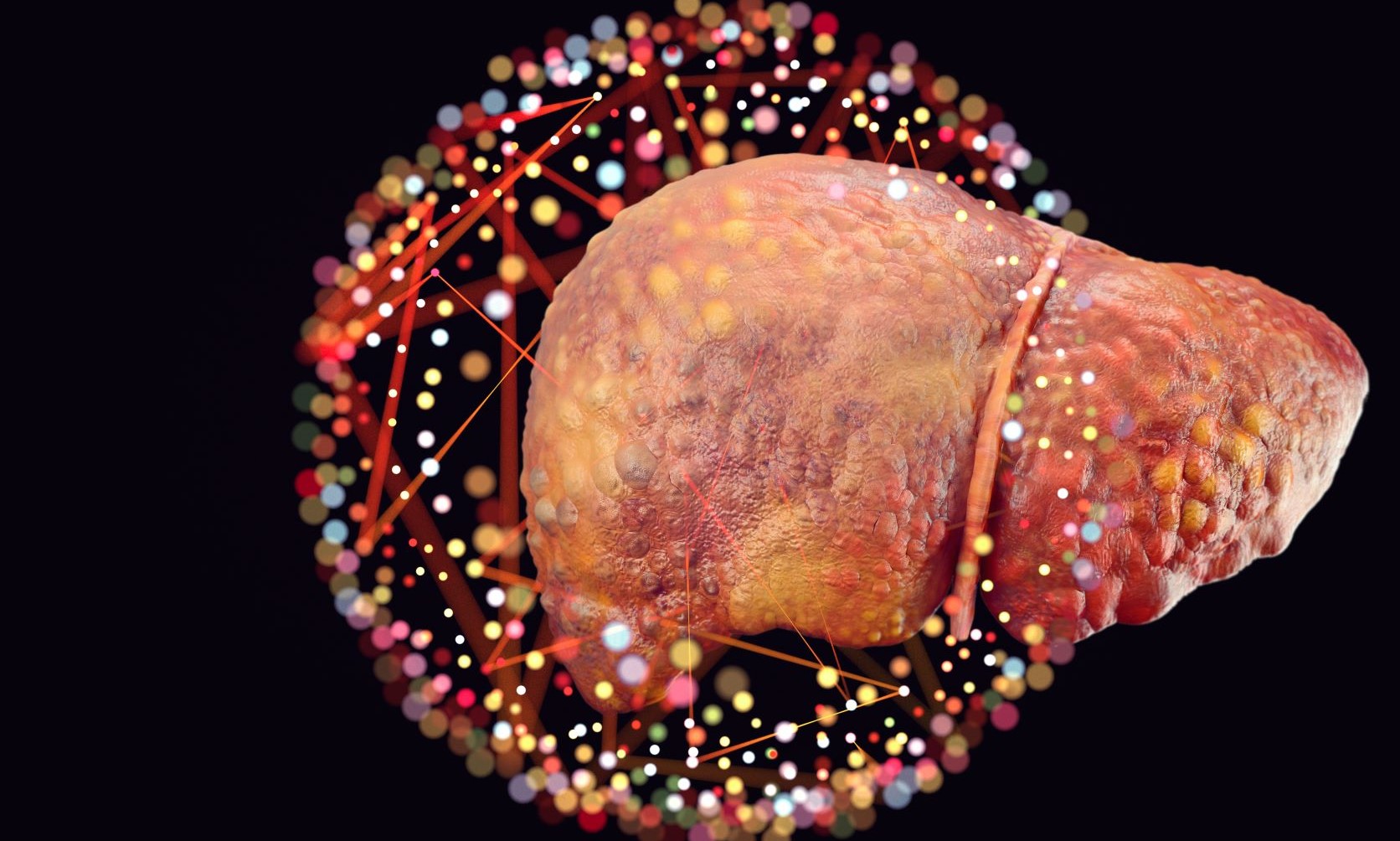MICROB-PREDICT and DECISION offer a symposium addressing acute-on-chronic liver failure

MICROB-PREDICT and DECISION are inviting the liver community to attend their half-day online symposium, Management of Acute-on-chronic Liver Failure, on 2 September 2021. This event is timed to precede EASL’s School of Hepatology, taking place 3–4 September, in Frankfurt, Germany, addressing the same area of hepatology referred to as ACLF.
DECISION and MICROB-PREDICT are joining forces on ACLF
At this symposium, several experts from both project consortia will present recent advances in the field of the microbiome, introduce the role of proteomics and metabolomics in hepatology, and discuss treatment strategies and their mechanisms of action in acute-on-chronic liver failure.
The gut microbiome, the gut barrier, microbial translocation, and systemic inflammation have been identified as triggers for the development of decompensation and progression of decompensated cirrhosis to acute on chronic liver failure. Nowadays, we have access to high-end multiomics techniques, which allow us to develop tools for better stratification of patients with cirrhosis at risk of decompensation or ACLF and to develop personalised treatment strategies.
Target audience of this symposium
This symposium is aimed at young fellows enrolled in hepatology-oriented departments, more experienced clinicians wanting to be exposed to the newest trends in hepatology, and young researchers involved in research on the microbiome and cirrhosis.
ACLF is an emerging new condition in cirrhosis, mainly driven by systemic inflammation and deeply modified by the response to the microbiome and its translocating components. Targeting the microbiome potentially using combinatorial therapies may prevent, halt, or reverse ACLF,
said Prof. Jonel Trebicka, Professor of Hepatology, Goethe University Frankfurt, Germany, and Principal Investigator of MICROB-PREDICT, EF Clif, Barcelona, Spain.
Predicting the outcomes of patients with acute decompensation of cirrhosis is a daily challenge in clinical practice. Systems medicine has the potential for providing us not only with new biomarkers of outcomes for these patients, but also for highlighting novels combinations of existing treatments for precision medicine,
said Prof. Prof Pierre-Emmanuel Rautou, Hôpital Beaujon, Inserm and Université de Paris, France.
Find out more
This symposium is connected to, but not part of the EASL School of Hepatology, so there is no selection process for attendees of this symposium. The symposium is open to attendees of the EASL School and all other interested parties, and is free of cost.
About EASL and EU-funded projects
EASL is proud to be the communications and dissemination arm for five major EU-funded projects for diagnosing and combating liver disease: A-TANGO, DECISION, LITMUS, Liver-Screen, and MICROB-PREDICT. We spread the news about their developments and achievements to the global liver community and the press.
About DECISION
DECISION strives to better understand the pathophysiology of decompensated cirrhosis leading to acute-on-chronic liver failure (ACLF) at the systems level by taking advantage of already existing large and clinically well-characterised patient cohorts. The ultimate goal is to significantly reduce mortality through combinatorial therapies that are tailored to the specific needs of individual patients. Part of this endeavour is to develop a reliable prognostic test to identify patients that are at risk for a poor outcome following standard therapy but who may benefit from a novel and personalised combinatorial therapy; and a robust response test to predict the success of a novel combinatorial therapy, as opposed to more aggressive solutions like a liver transplant.
About MICROB-PREDICT
The year 2019 saw the launch of MICROB-PREDICT, a EUR 15 million EU Horizon 2020-financed project, uniting the expertise of 22 European partners, including EASL, in ten countries, that includes world-leading microbiome specialists, clinical experts, and patient organisations. The consortium continues in its work, investigating the human microbiome to identify predictors and mechanisms associated with the development of decompensated cirrhosis and progression to ACLF, a major cause of morbidity and mortality worldwide. At present there are very few studies into this area of liver disease, meaning there is a real lack of effective treatment options for patients.



